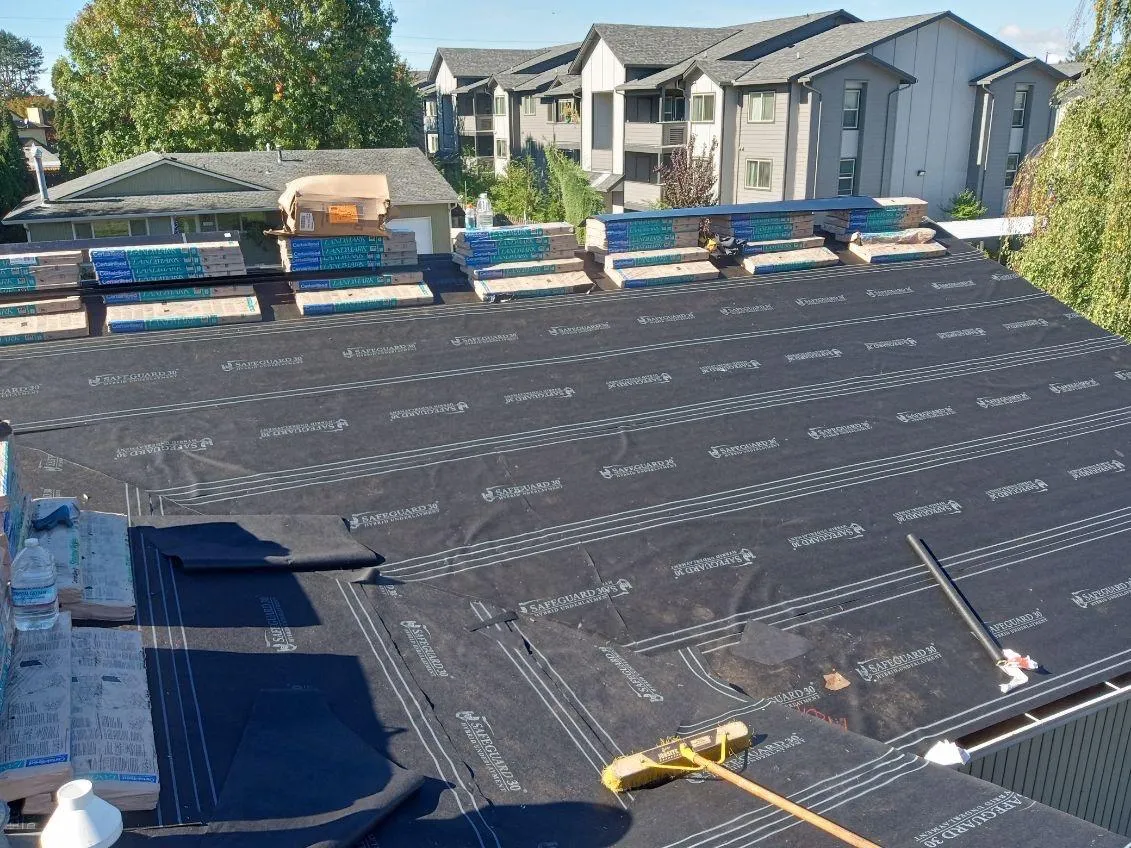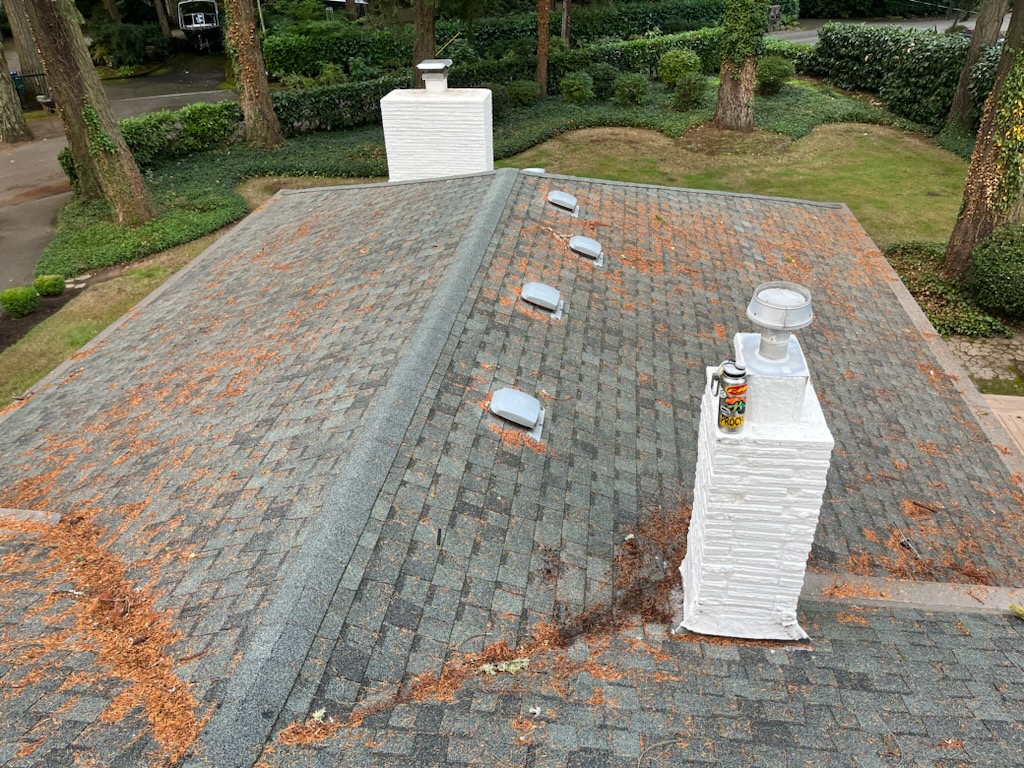Your Trusted Portland Metro Roofing Experts With Guaranteed Work!
Residential Roofing
Commercial Roofing
Professional Roofing Services
Customer Reviews
French Roofing Blog

Repair vs. Replace: Making the Right Decision for Your Roof
Your roof is one of the most critical components of your home, protecting it from the elements and providing shelter for your family. Over time, however, roofs can deteriorate due to age, weather, and other factors, leading to leaks, damage, and structural issues. When faced with roofing problems, homeowners often grapple with the decision: repair or replace? Understanding the factors involved can help you make the right choice for your home and budget.
Repairing a roof is often a cost-effective solution for minor issues or localized damage. Here are some situations where roof repair may be appropriate:
Small Leaks: If your roof is leaking in a specific area, such as around a chimney or vent, a repair may suffice to seal the leak and prevent further water damage.
Missing or Damaged Shingles: Individual shingles that are missing, cracked, or damaged can be replaced without the need for a full roof replacement.
Minor Wear and Tear: If your roof is showing signs of age but is otherwise in good condition, minor repairs such as sealing cracks or reapplying sealant may extend its lifespan.
Localized Damage: Damage caused by fallen branches, animals, or other isolated incidents can often be repaired without the need for a full roof replacement.
In some cases, repairing a roof may only provide a temporary fix or fail to address underlying issues. Here are some scenarios where roof replacement may be necessary:
Extensive Damage: If your roof has sustained extensive damage from severe weather, such as hail or windstorms, or if it's nearing the end of its lifespan, a replacement may be the most practical solution.
Multiple Leaks: If your roof is leaking in multiple areas or if the underlying roofing materials are deteriorating, a replacement may be necessary to ensure long-term protection and prevent further water damage.
Signs of Structural Issues: Sagging or uneven sections of the roof, rotting or deteriorating roof decking, or signs of mold or mildew growth may indicate underlying structural issues that require a full roof replacement.
Energy Efficiency: Older roofs may lack proper insulation and ventilation, leading to increased energy costs. A replacement with modern, energy-efficient materials can improve your home's energy efficiency and reduce utility bills.
Making the Decision
When deciding between repairing or replacing your roof, it's essential to consider the extent of the damage, the age and condition of your roof, your budget, and your long-term goals for your home. While roof repairs may provide a temporary fix for minor issues, a roof replacement offers the opportunity to upgrade to more durable materials and improve your home's curb appeal and energy efficiency.
Before making a decision, consult with a reputable roofing contractor to assess the condition of your roof and discuss your options. A professional inspection can help you identify any underlying issues and determine the most cost-effective and practical solution for your needs. Ultimately, investing in the health and integrity of your roof is an investment in the safety and value of your home.
Connect with Us
Schedule your Free Roof Assessment





Facebook
Instagram
LinkedIn